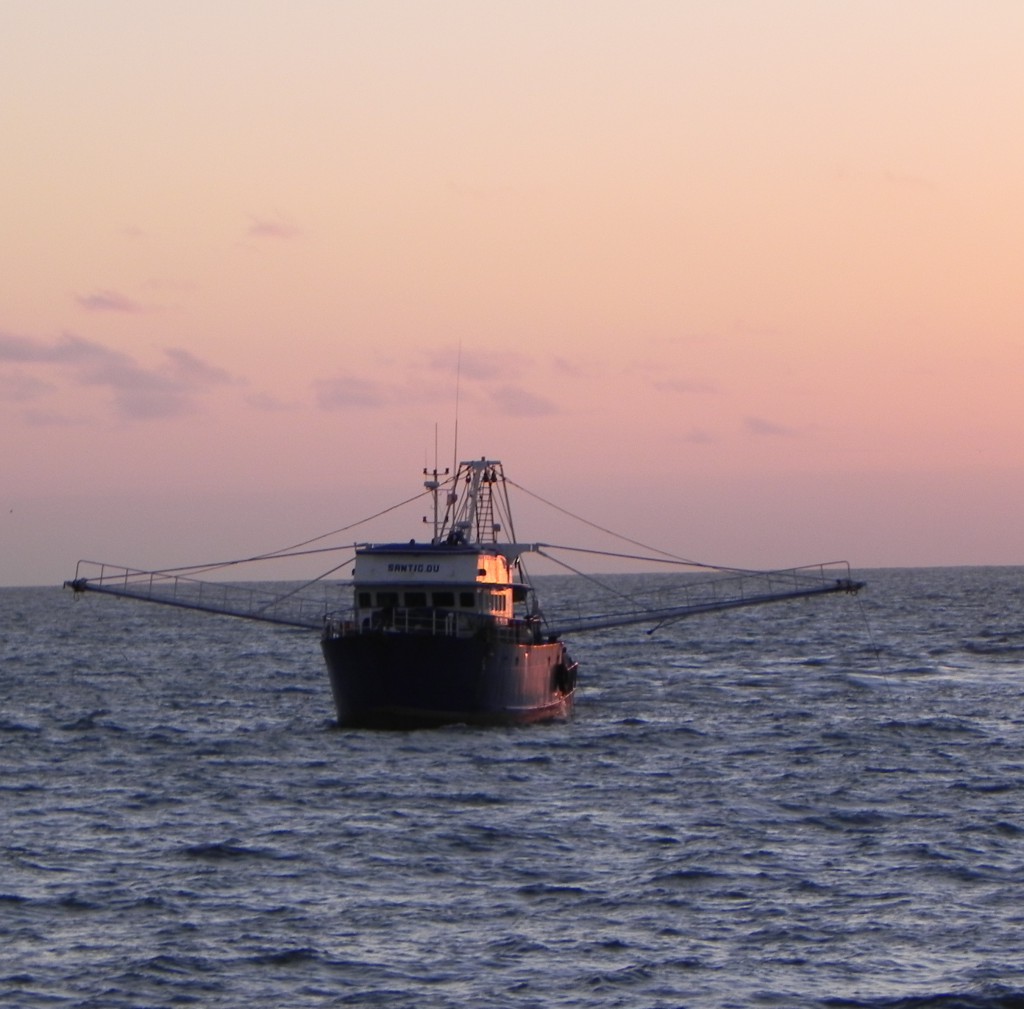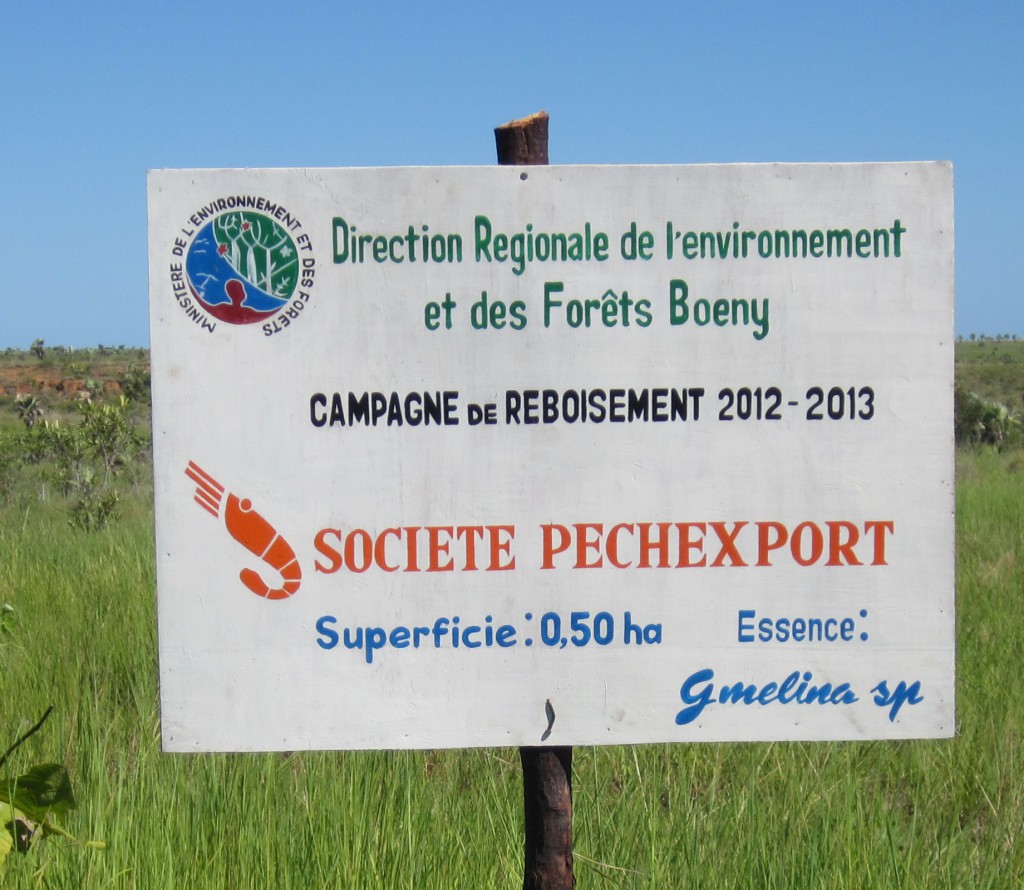Wild prawns from sustainable fishing.
PECHEXPORT is a member of GAPCM (groupement des aquaculteurs et des pêcheurs de crevettes de Madagascar) which permitted implementing a discussion between the State and private sector.
For this, a research program, a monitoring centre and an economic observatory have been implemented.
Thanks to this co-management system, the fishery has been stabilized and lead to the cooperation between traditional and industrial fishermen: discussion leading to management contracts, economic cooperation mechanisms such as the implementation of collecting sectors and campaign credits. A concertation with traditional fishermen is established in a way to promote a solidary and sustainable resource exploitation. We have also put in place alternative revenues for these fishermen during the fishing closure.
Our fishing methods contribute to natural resources preservation, by an application of the following points:
- Fishing is closed from December 1st to February 28th to ensure a biological rest for the species.
- Trawling licenses number is fixed, fishing effort is known and under control.
- Each industrial fishing trawler is equipped with a satellite device to follow-up journeys and ensure that the fishing zones attribution is respected.
- Each industrial fishing trawler has to bring the same fish quantity, dedicated to the local Madagascan market.
- Our trawlers are specifically equipped for:
Not fishing smaller prawn sizes: net mesh are bigger than the one expected by the existing regulation, which contributes to a better resource preservation. - Gears headrope reduction such as trawler width reduction, and elimination of scraper blade permit limiting the impact on seabed.
- Each trawler is equipped with an anti-turtle device (ETD) and an evacuation system for bigger fishes and dolphins: two devices were put in place in collaboration with WWF.
- Night fishing is forbidden during the first 45 days of the fishing to limit fishing effort being a responsible & sustainable fishery to the sense of the FAO Code of Conduct (sustainability, valuation, social and environmental responsibility).



